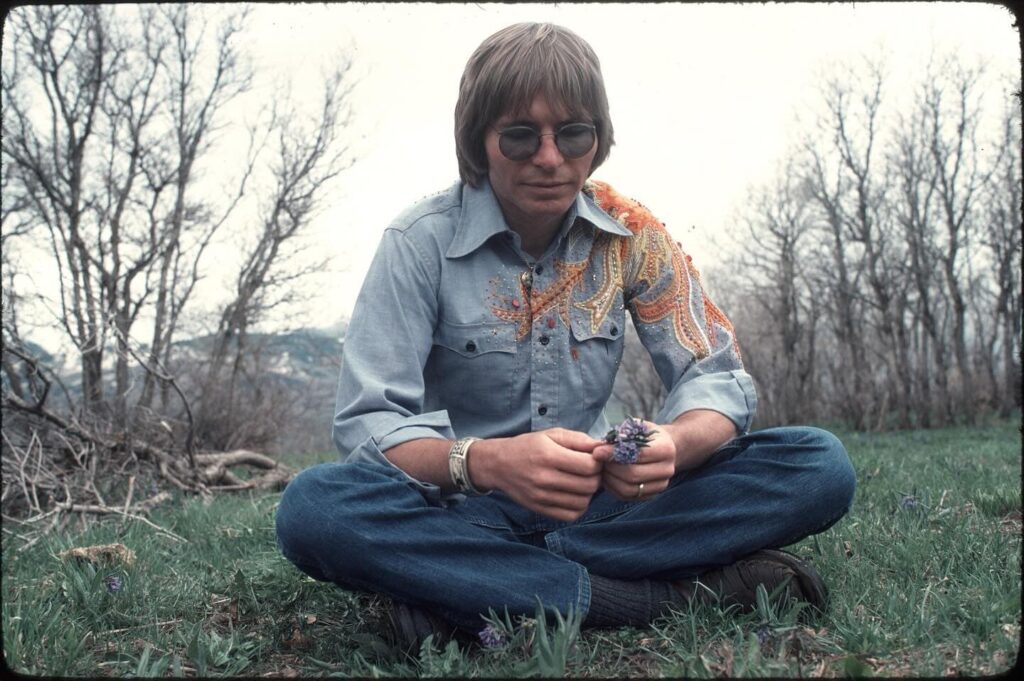
Embracing the Journey: The Enduring Wisdom of John Denver’s Ode to the Present
A folksy anthem advocating for trust, letting go of control, and living fully in the here and now.
There are certain songs that, when the first acoustic guitar chords drift through the air, instantly transport you back to a simpler time—a time of flared jeans, warm summer breezes, and a pervasive sense of hope shimmering beneath the anxieties of a changing world. For many, especially those who grew up in the mid-1970s, John Denver’s iconic ballad, “Sweet Surrender,” is precisely one of those powerful, time-traveling musical moments.
Released in late 1974 as a single from his phenomenally successful album, Back Home Again, the track quickly resonated with an audience looking for spiritual guidance wrapped in a comforting, melodic package. The single version of “Sweet Surrender” achieved notable commercial success, peaking at No. 13 on the Billboard Hot 100 chart and, perhaps more tellingly of its gentle, reassuring nature, sailing all the way to No. 1 on the Easy Listening chart in 1975. This chart performance firmly cemented its place as a beloved staple of the singer-songwriter era, showcasing Denver’s mastery of blending folk sensibility with pop accessibility. The album it hailed from, Back Home Again, was a multi-platinum blockbuster, underscoring the era’s deep appetite for Denver’s wholesome, nature-infused narratives.
The genesis of “Sweet Surrender” is deeply tied to the philosophy that defined much of John Denver’s artistry: a search for meaning, connection to nature, and the freedom found in releasing one’s grip on the future. Lyrically, the song is a reflection on a traveler—a metaphorical seeker—lost on a “forgotten highway,” looking for something to believe in. It is a deeply personal contemplation on the human struggle with uncertainty. The opening lines immediately establish this quest for direction: “Lost and alone on some forgotten highway / Traveled by many, remembered by few / Lookin’ for something that I can believe in / Lookin’ for something that I’d like to do with my life.”
This feeling of being adrift—a theme familiar to anyone who has reached a crossroads in life—is answered not with a map, but with a philosophy. The core of the song’s profound meaning lies in its acceptance of the unknown. Denver offers a radical, almost Zen-like proposal: stop looking back at what “might have been” and stop worrying about what the future is “holding in store.” The true peace, the “Sweet Surrender,” is found in simply existing in the present moment: “Tomorrow is open, right now it seems to be / More than enough just to be here today.”
The ultimate realization is the acceptance of a guiding spiritual force, whether interpreted as nature, a higher power, or simply an inner compass: “There’s a spirit that guides me, a light that shines for me / My life is worth the living, I don’t need to see the end.” This is the liberation that Denver extols—a surrender not of defeat, but of trust. He illustrates this freedom with beautiful, carefree natural imagery, urging us to “Live, live without care, like a fish in the water, like a bird in the air.” For those of us who have spent decades trying to plan, control, and execute every step of our journey, the sheer relief in that message is immense. It’s a gentle reminder that some things are best left to the currents of life, allowing us to shed the heavy burden of needless worry. It’s the musical equivalent of a deep, cleansing breath—a truly sweet surrender to the beautiful mystery of life itself.